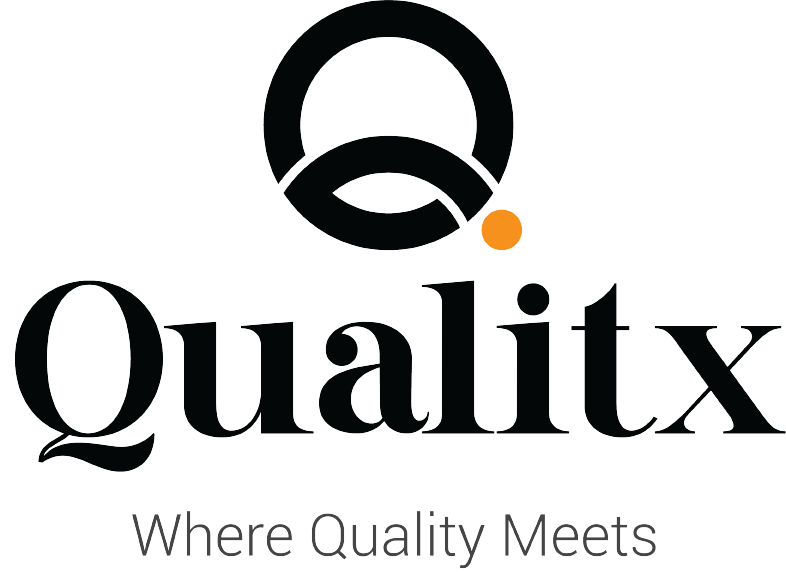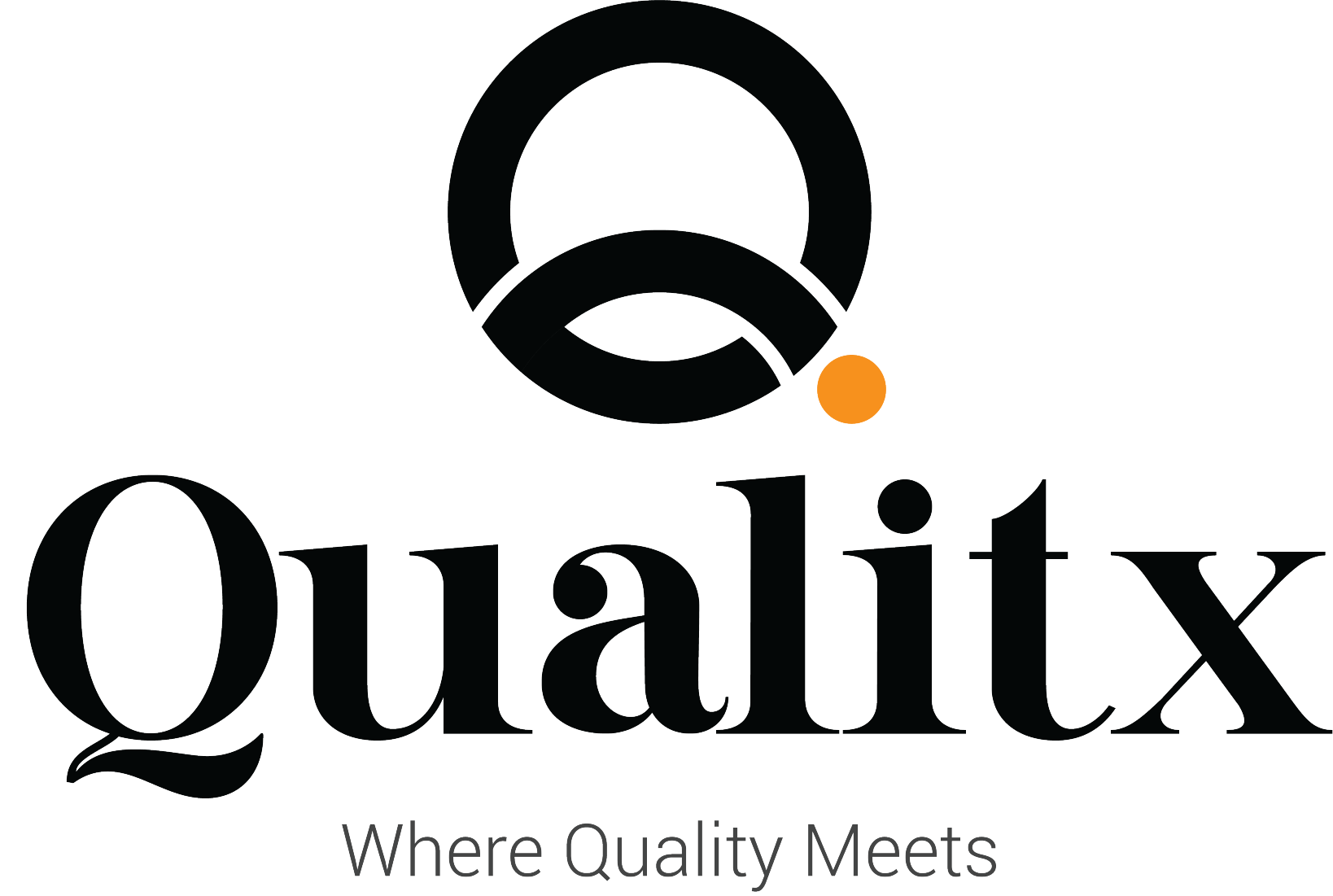In the quick world of software development, ensuring the quality of your products is very important. This is where quality assurance (QA) plays a crucial role. Quality assurance encompasses processes and procedures designed to guarantee that software meets specified requirements and standards throughout its development lifecycle. Let’s delve into why quality assurance is indispensable in software development and explore its numerous advantages.

Importance of Software Quality Assurance
Early Detection of Defects:
Quality assurance involves thorough testing at every stage of the software development process. By identifying and rectifying defects early on, QA helps prevent costly errors and delays down the line.
Improved Customer Satisfaction:
High-quality software is equal to satisfied customers. By ensuring that the final product meets or exceeds customer expectations, QA enhances customer satisfaction and loyalty.
Reduced Risks:
Software quality assurance cuts off the risks associated with software failures, such as financial losses, reputational damage, and legal liabilities. By identifying and addressing potential issues proactively, QA minimizes the likelihood of adverse consequences.
Enhanced Productivity
Efficient QA processes streamline development workflows and increase productivity. By eliminating rework and unnecessary iterations, quality assurance enables developers to focus their efforts on delivering high-quality software within shorter timeframes.
Compliance with Standards and Regulations:
In many industries, compliance with regulatory requirements and industry standards is non-negotiable. Software quality assurance ensures that products adhere to relevant regulations, standards, and best practices, thereby avoiding compliance-related penalties and sanctions.
Cost Savings:
Investing in quality assurance upfront ultimately leads to cost savings in the long run. By identifying and addressing issues early in the development cycle, quality assurance reduces the need for costly rework and post-release fixes.
Competitive Advantage:
In today’s competitive marketplace, high-quality software sets businesses apart from their competitors. Software quality assurance enables organizations to deliver superior products that outshine those of their rivals, thereby gaining a competitive edge.
Why is Software Quality Assurance Required?
Software quality assurance is required for several compelling reasons:
1. Ensuring Reliability:
Quality assurance ensures that software functions reliably and consistently under various conditions. By rigorously testing for performance, stability, and functionality, quality assurance provides confidence in the reliability of the software.
2. Meeting User Expectations:
In today’s user-centric landscape, meeting user expectations is necessary. Quality assurance ensures that software meets user needs, preferences, and usability requirements, thereby enhancing user satisfaction and engagement.
3. Minimizing Risks:
Software quality assurance minimizes the risks associated with software failures, such as financial losses, reputational damage, and legal liabilities. By identifying and addressing potential risks early in the development process, quality assurance reduces the likelihood of adverse consequences.
4. Maintaining Brand Reputation:
High-quality software reflects positively on a brand’s reputation and credibility. Quality assurance ensures that software meets or exceeds industry standards and customer expectations, thereby safeguarding brand reputation and integrity.
5. Enhancing Customer Satisfaction:
Quality assurance enhances customer satisfaction by delivering software that is reliable, efficient, and user-friendly. Satisfied customers are more likely to recommend the product to others and remain loyal to the brand.
6. Facilitating Continuous Improvement:
Quality assurance fosters a culture of continuous improvement within an organization. By identifying areas for enhancement and implementing corrective actions, quality assurance drives ongoing innovation and excellence in software development processes.
Lorem ipsum dolor sit amet, consectetur adipiscing elit. Ut elit tellus, luctus nec ullamcorper mattis, pulvinar dapibus leo.



